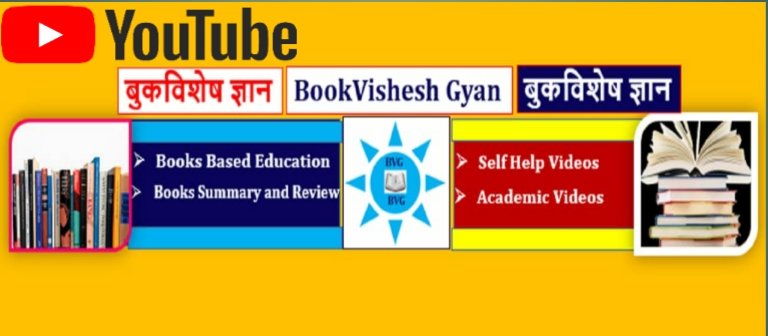Barriers to Effective Reading Skills
Reading is an essential skill that opens the door to knowledge and understanding. However, many people face challenges that hinder their reading abilities. In this blog post, we will discuss the common barriers to effective reading skills and how to overcome them.
1. Lack of Motivation
One of the primary reasons for ineffective reading skills is lack of motivation. If individuals do not see the value in reading, they won’t dedicate time to develop their skills.
- External Factors: Such as pressure from parents or teachers.
- Personal Interests: If the reading material doesn’t align with personal interests, motivation can plummet.
2. Limited Vocabulary
A limited vocabulary can make reading a challenging task. Readers may encounter unfamiliar words, leading to frustration and discouragement.
- Understanding Context: Without a broad vocabulary, understanding the overall message becomes difficult.
- Comprehension Issues: Readers might skip words, leading to gaps in comprehension.
3. Poor Comprehension Skills
Reading is not just about recognizing words; it involves understanding and processing information. Poor comprehension skills can act as a significant barrier to reading.
- Difficulty in Summarizing: Readers may struggle to summarize or recall the main points of a text.
- Inability to Make Connections: Connecting new information to existing knowledge is vital for comprehension.
4. Distractions and Environment
The reading environment plays a crucial role in one’s ability to focus. Distractions can severely limit effective reading.
- Noise Levels: High noise levels can disrupt concentration.
- Comfortable Space: An uncomfortable reading space can lead to loss of interest.
5. Lack of Purposeful Reading
Reading without a clear purpose can also diminish effectiveness. When individuals read just for the sake of reading, they might not engage with the material.
- Identify Goals: Setting specific reading goals can provide a sense of direction.
- Purpose-Driven Reading: Understanding why a text is important can enhance attention and comprehension.
6. Inadequate Reading Strategies
Without proper reading strategies, readers may find it hard to extract information effectively from texts.
- Previewing Text: Readers should take a moment to glance over headings and summaries to gain a general idea.
- Annotating: Making notes or highlighting key points can help retain important information.
7. Emotional Barriers
Emotions can also interfere with reading skills. Stress or anxiety can create mental blocks that obscure understanding.
- Fear of Failure: Some individuals may fear that they won’t perform well, leading to avoidance of reading.
- Low Self-Esteem: Feelings of inadequacy can discourage individuals from practicing reading.
8. Physical Limitations
For some, physical limitations can act as a barrier to effective reading. Vision problems or learning disabilities can affect the reading process.
- Vision Impairments: Individuals with eyesight issues may struggle to read text comfortably.
- Learning Disabilities: Conditions like dyslexia make reading particularly challenging.
9. The Influence of Technology
While technology offers resources for improving reading, it can also serve as a distraction. The prevalence of screens often affects the way people read and comprehend.
- Short Attention Spans: Quick access to information on devices can lead to scanning rather than deep reading.
- Information Overload: The abundance of content can overwhelm readers and hinder focus.
10. Cultural Influences
Cultural background can also impact reading skills. Different educational systems may prioritize varied reading methods and outcomes.
- Value on Reading: In some cultures, reading may not be emphasized, leading to lower proficiency.
- Access to Resources: Limited access to books and reading materials in certain areas can affect skill development.
Overcoming Reading Barriers
Now that we’ve identified the barriers to effective reading skills, let’s discuss strategies to overcome them:
- Set Reading Goals: Establish achievable and clear objectives for your reading.
- Build Vocabulary: Use vocabulary-building tools or apps.
- Create a Comfortable Environment: Find a quiet place to read without distractions.
- Practice Regularly: Make reading a part of your daily routine to improve skills.
- Seek Support: Join reading groups or clubs for encouragement and accountability.
Conclusion
Developing effective reading skills is essential for success in many aspects of life. By recognizing and addressing the barriers that hinder reading abilities, individuals can become better readers. Whether it’s through motivation, understanding, or creating the right environment, overcoming these challenges is possible with persistence and the right strategies. Start small, stay focused, and watch your reading skills flourish!
“`


